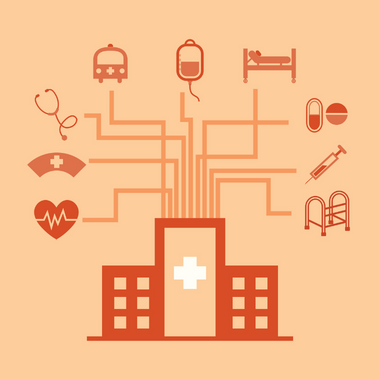Social drivers of health (SDOH) refer to conditions in which people live, learn, work, play, and worship. While the term SDOH is most often written as “determinants,” that is, factors that are predetermined and unchangeable, the Association of Cancer Care Centers (ACCC) see these factors as “drivers,” where people and environments can be changed. SDOH are influenced by external factors such as social, economic, educational, infrastructure, and health care. In fact, SDOH have been found to influence health and quality-of-life more than genetics or access to health care.
According to Healthy People 2030, examples of SDOH include:
- Safe housing and Transportation
- Education and Jobs
- Health literacy
- Access to healthy foods and physical activity
- Polluted air and water
- Racism and Violence
- Health disparities
SDOH also contribute to health disparities and inequities. Health disparities refer to preventable differences in health, injury, violence, or opportunities experienced by underrepresented minorities when compared to the general population. Health disparity indicators include higher incidence of disease, higher mortality rates, and lower life expectancies. For example, people who do not have access to healthy food are less likely to have good nutrition. In turn, their risk of developing health conditions such as heart disease, diabetes, and obesity increase, while life expectancy decreases.
Health disparities are used to measure advancements toward health equity. Therefore, the pursuit of health equity must encompass a standard of health for all populations with special emphasis on those with the greatest need. Interventions developed with partners across multiple sectors can improve conditions that often lead to disparities. For example, providing access to preventive cancer screenings through free tests, eliminating transportation barriers, and improving access to primary care providers can help to reduce the disparities faced by patients with cancer.
The Association of Cancer Care Centers (ACCC) has developed an initiative titled, “Social Drivers of Health.” ACCC is working with multidisciplinary care teams to assess the impact of SDOH on equitable access to cancer care and clinical trials among minority populations. In addition, the initiative seeks to provide tools to help cancer care teams screen for SDOH and determine the degree to which social drivers impact patient care and willingness to participate in clinical trials.
To learn more about ACCC’s work on Social Drivers of Health, visit our website.
This program is supported by BMS.

